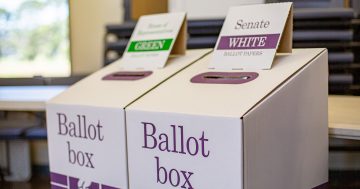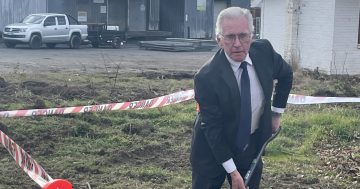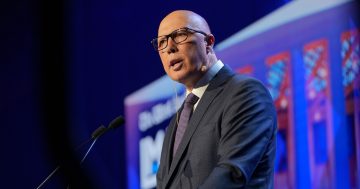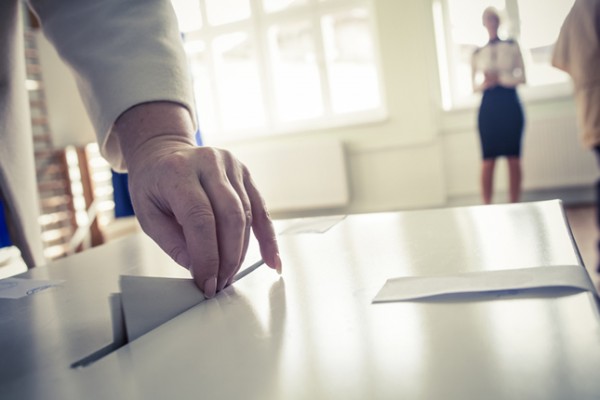
You can have your say in local council even if it’s not your permanent place of residence. Photo: Supplied.
Many holiday destinations have a high proportion of non-resident property owners, meaning there is also a high proportion of eligible non-resident voters in local council elections.
In Eurobodalla, for instance, more than 37 per cent of ratepayers are non-residents. If you are a ratepayer, but that property is not your main electoral address, you are still eligible to vote in that local government area council election.
A Better Eurobodalla (ABE) spokesperson Dr Brett Stevenson told Region Media: “One of the best ways of making sure our local council is accountable and effective is to ensure that it represents the full spectrum of the Eurobodalla community.”
ABE is a non-aligned grassroots community forum dedicated to achieving open, accountable and responsive local government. One of ABE’s interests is improving non-resident ratepayer participation in local government elections.
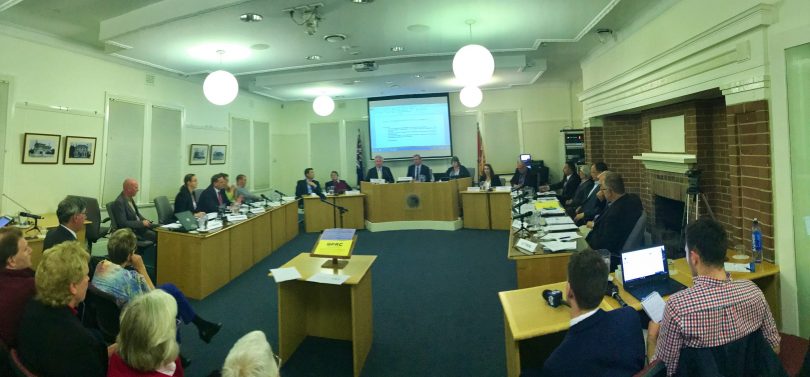
QPRC in session. Photo: Alex Rea.
“While more than 37 per cent of Eurobodalla ratepayers are non-resident, only a small proportion exercise their right to vote – less than 10 per cent in the last local government election in 2016,” Mr Stevenson said.
“This is particularly important as we deal with bushfire recovery activities, planning and creating a more resilient future and adjusting to the COVID-19 pandemic.
“ABE is keen to encourage all eligible voters to participate in the 2021 election, to give us the best prospects for open, accountable and responsive local government.”
Mr Stevenson added: “We will keep updated information for non-resident ratepayers about the processes and deadlines for voting in the 2021 Eurobodalla Council elections on the ABE website along with information on other regional issues.”
Local Government elections in NSW are normally held every four years. NSW local government elections were due to be held in September 2020 but were postponed a year to September 2021 due to the COVID-19 pandemic.
You are eligible to vote as a non-resident in a ward or council area if you are an owner of rateable land in the ward or council area, or are an occupier or rate-paying lessee of rateable land in the ward or council area.
Non-residential rolls are prepared and certified by each council’s general manager, and the NSW Electoral Commissioner must confirm that the voters listed are eligible for enrolment on the non-residential roll. However, you are responsible for checking that you are eligible for inclusion in the non-residential roll for a council or ward when you make an application. The NSW Electoral Commission recommends you get independent advice if you are unsure about whether you are eligible to apply or not.
You can apply to be included on the non-residential roll of another ward or council area by contacting the local council office or visiting their website.
Eligible corporations can also enrol to vote on the non-residential roll for a ward or council area. A corporation is entitled to nominate a person to appear on the roll on behalf of the corporation.
Non-resident ratepayers are eligible to one vote per household.
The first step is to make sure you are on the electoral roll.
There is only one electoral roll which is used for Federal, State and Local Government elections. To enrol or check whether you are enrolled, visit the AEC’s Enrol to Vote or Check My Enrolment websites, then register your intention to vote with your local council:
- Eurobodalla Shire Council: council@esc.nsw.gov.au (phone 4474 1000)
- Queanbeyan-Palerang Regional Council: council@qprc.nsw.gov.au (phone 1300 735 025)
- Bega Valley Shire Council: council@begavalley.nsw.gov.au (phone 6499 2222)
- Yass Valley Shire: Council@yass.nsw.gov.au (phone 6226 1477).
You should then contact the NSW Electoral Commission (NSWEC) for a postal vote. If you have applied for a postal vote, the NSWEC will issue you with ballot papers once candidate nominations close in August 2021. You need to fill in the ballot papers and get them to the NSWEC.
Original Article published by Alex Rea on About Regional.












